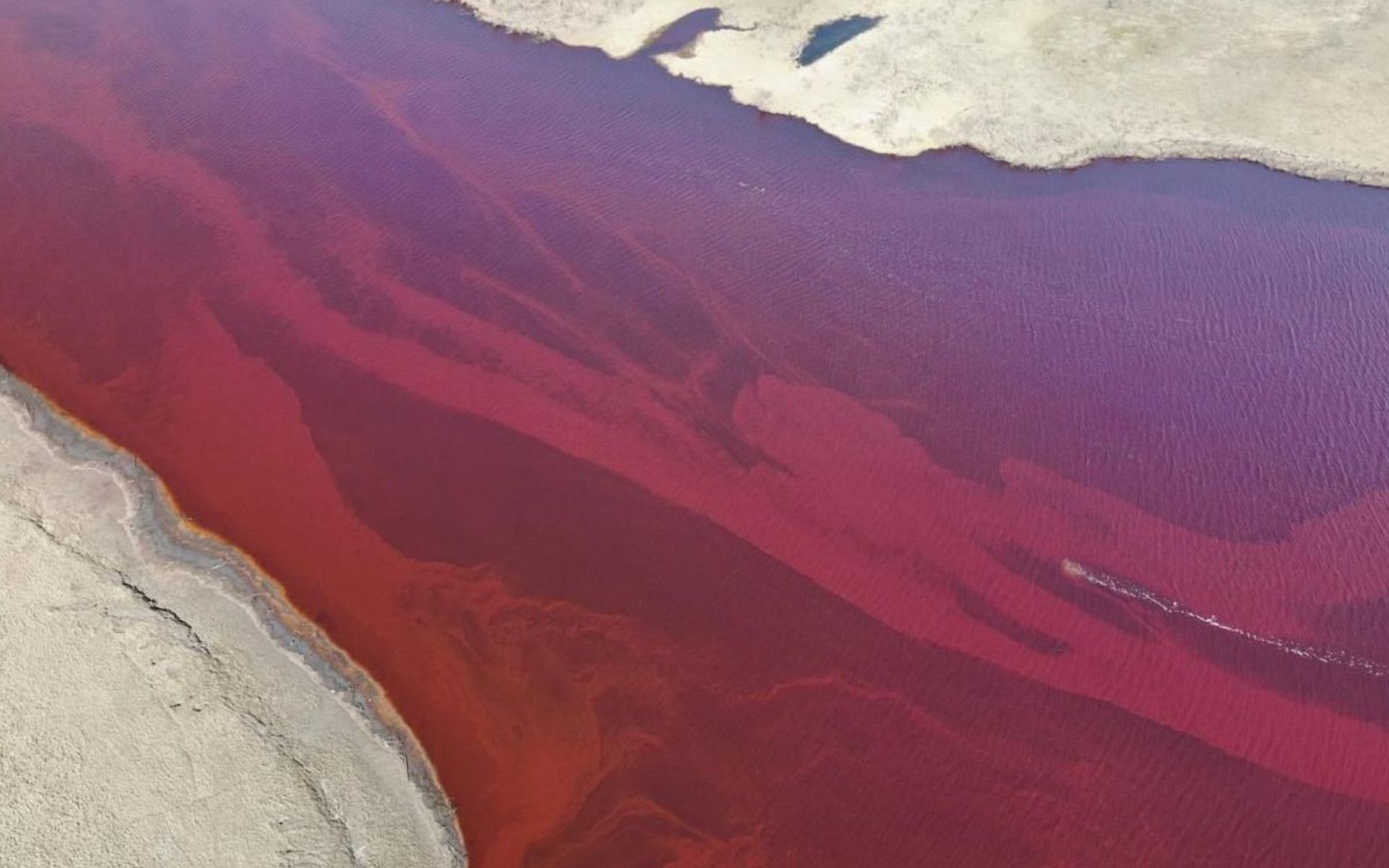Disastrous oil products spill in the Russian Arctic: proof that the green economy for Russia is needed

The state of emergency is introduced in Norilsk and on Taymyr peninsula in the North of Russia after tons of oil products were spilled from tanks. 20,000 tons of diesel fuel were spilled, the plume contaminating over 20 kilometers of local rivers and moving towards the open sea, the thickness of the petrochemicals layer reaching 20 cm. The scale of the disaster is comparable to the Exxon Valdez tanker accident in Alaska 30 years ago.
This is one of the biggest oil product accidents in the Arctic ever. It proves that Russian government has to reconsider the existing model of the economy based on fossil fuels and nature abuse. Greenpeace together with the Russian NGOs has come up with the green recovery package plan based on Climate Vision. It sets the basic principles to be used for the national recovery plan after COVID-19 to implement climate-friendly technologies and to move to a new green model of the Russian economy that is non-dependant from fossils. At the same time, Greenpeace is worried that the state environmental control during pandemia will be weakened for the interests of the big business, including those who are responsible for the accident in the Russian Arctic.
Oil products were spilled after one of the reservoirs collapsed on 29 May in an electrical power plant belonging to NTEC (a Nornikel group company in the town of Norilsk). Prosecutor’s office has started a criminal investigation into the accident.
The booms put into the river can collect a minor fraction of the spilled diesel fuel, while the main volume of the pollutant will remain in the water, experts say.
Greenpeace experts estimate the damage to the water bodies may amount way over RUR 10 billion (up to EUR 130 million). Soil recultivation costs and air pollution may add to the damage. However, there is a long tradition of Russian companies evading full financial liability for environmental damage. Moreover, some of them used COVID-crisis to initiate weakening the Russian environmental legislation.
Greenpeace Russia appealed to the government to conduct an extraordinary audit at all facilities in the Arctic containing significant amounts of oil or petroleum products, as well as amend legislation to allow more frequent inspections in order to prevent environmental disasters like the one in the Taymyr peninsula. Greenpeace also calls for the green recovery package for Russia that will be based on climate-friendly solutions and future technologies, thus the oil accidents will be ended as the technology from the past.
Currently, permafrost is actively melting because of climate change. In 2009 Greenpeace issued the report on risks for infrastructure of the Russian oil and gas industry associated with permafrost degradation due to climate change. Hazardous industries infrastructure is being destroyed, which requires increased control by the state and an adaptation plan. In the North there is an alternative to diesel and fossil gas plants in the form of renewable energy plants. Russia must take serious measures to combat climate change, Greenpeace says.
Die Lage der politischen Gefangenen und andere Menschenrechtsprobleme verschärfen sich von Jahr zu Jahr. Wir beleben den Dialog zwischen der russischen und der deutschen Menschenrechtsgemeinschaft wieder und bauen ihre konstruktive Interaktion, wechselseitige Information und Unterstützung auf.
Wir stellen Informationen für die deutsche Öffentlichkeit über die Situation des Schutzes von Menschenrechten in Russland und Belarus zur Verfügung und die russische und belarussische Seiten werden entsprechend über den Stand der Dinge auf diesem Gebiet in Deutschland informiert; wir schaffen einen Mechanismus zur Unterstützung russischer und belarussischer Menschenrechtsverteidiger, Opfer politischer Repressionen und politischer Gefangenen.
Wir freuen uns auf Ihre Teilnahme am deutsch-russischen Menschenrechtsdialog auf unserer Website und in den Sozialen Netzen. Ebenso laden wir Sie ein, den Newsletter zu Menschenrechtsfragen zu abonnieren, indem Sie auf den folgenden Link klicken.